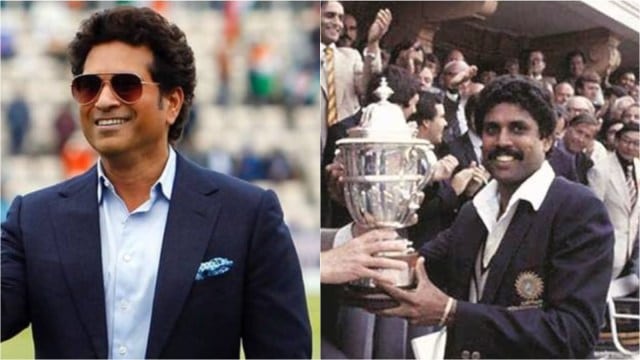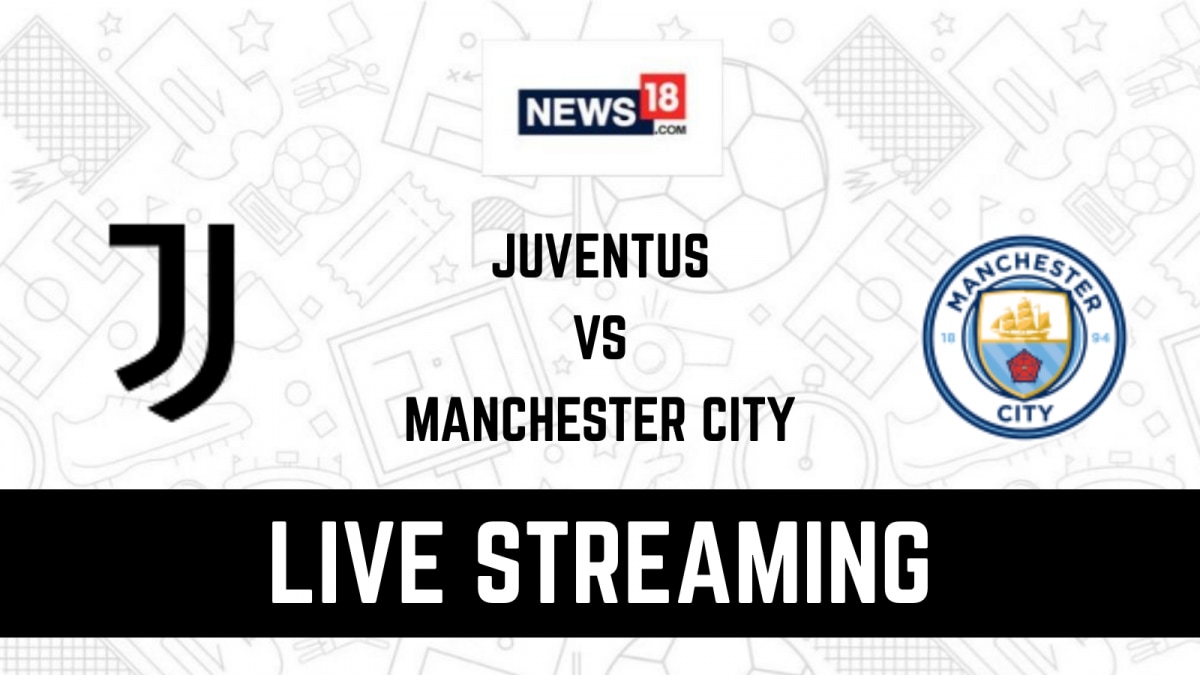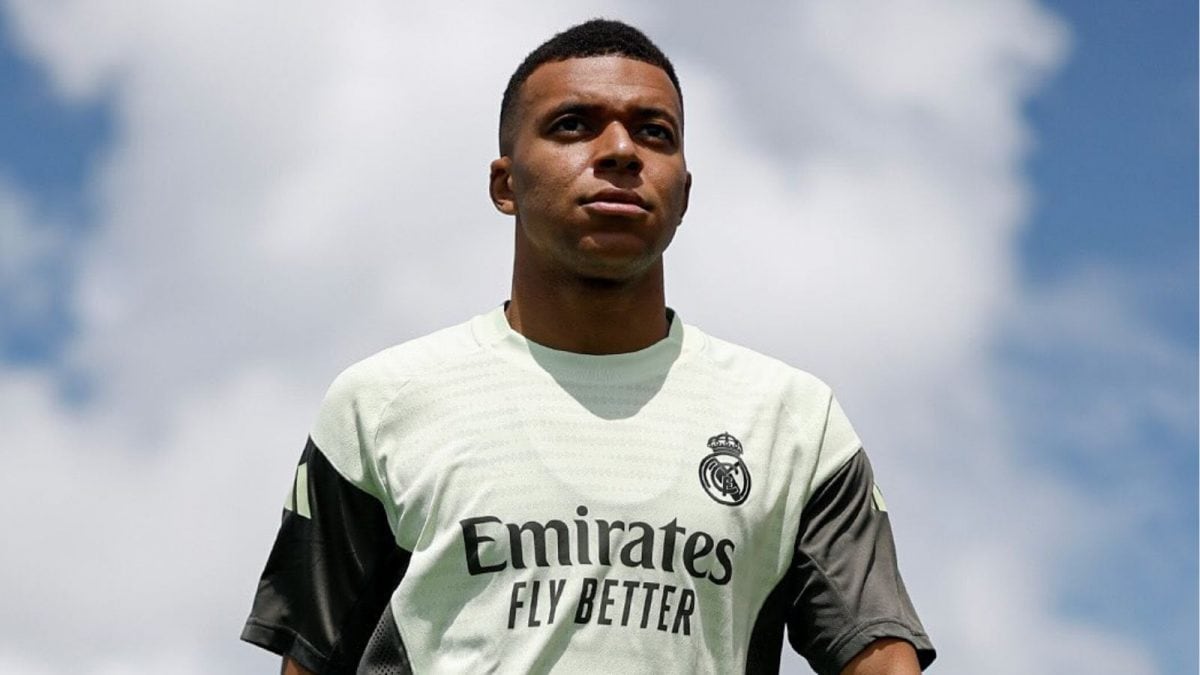ARTICLE AD BOX
 "I was just 10 when India won the World Cup on this day in 1983. That moment sparked a dream, and that dream became my journey," Tendulkar posted.
"I was just 10 when India won the World Cup on this day in 1983. That moment sparked a dream, and that dream became my journey," Tendulkar posted.
June 25th will be etched forever in the annals of Indian cricketing history with this being the day the underdog team led by Kapil Dev triumphed over a powerful West Indies side to lift their first World Cup trophy in 1983 in England.
42 years on from that feat, on Wednesday, Master blaster Sachin Tendulkar shared on X what that win meant to him as a 10-year-old with dreams in his eyes.
“I was just 10 when India won the World Cup on this day in 1983. That moment sparked a dream, and that dream became my journey,” Tendulkar posted.
I was just 10 when India won the World Cup on this day in 1983. That moment sparked a dream, and that dream became my journey. 🏆🇮🇳 pic.twitter.com/SklsIq896c
— Sachin Tendulkar (@sachin_rt) June 25, 2025
The match was played at Lord’s, the home of cricket, and India won the toss and elected to bat. They got off to a good start but were restricted by West Indies bowlers to 183. Andy Roberts, Malcom Marshall, Michael Holding and Joel Garner did a fine job with the ball.
The West Indies were never really in the chase, and and ultimately fell short by 43 runs as India eventually won the match.
India’s victory in the 1983 World Cup was a major upset, but it was also a historic moment for the country. It was the first time that India had won the World Cup, and it helped to put Indian cricket on the map.
“…1983 was huge. Watching Kapil Dev, Sandhu, Madan Lal, Roger Binny, Sandeep Patil at Lord’s was huge. It inspired us a lot to take up cricket,” one of India’s greatest captains, Sourav Ganguly, told PTI in a recent podcast.
Once the trophy had been won, a cash-strapped BCCI got in touch with India’s Nightingale Lata Mangeshkar to perform at a fundraiser which allowed the board to hand over a cash prize of Rs two lakh to each member of the victorious side.
Story continues below this ad
Mangeshkar was contacted by her good friend Raj Singh Dungarpur, who requested her to perform at a concert in Delhi.
As a token of gratitude, Mangeshkar, till her death, was entitled to two VIP tickets at any match that the Indian team played in the country.
(With agency inputs)



.png)
.png)
.png)

























 English (US) ·
English (US) ·